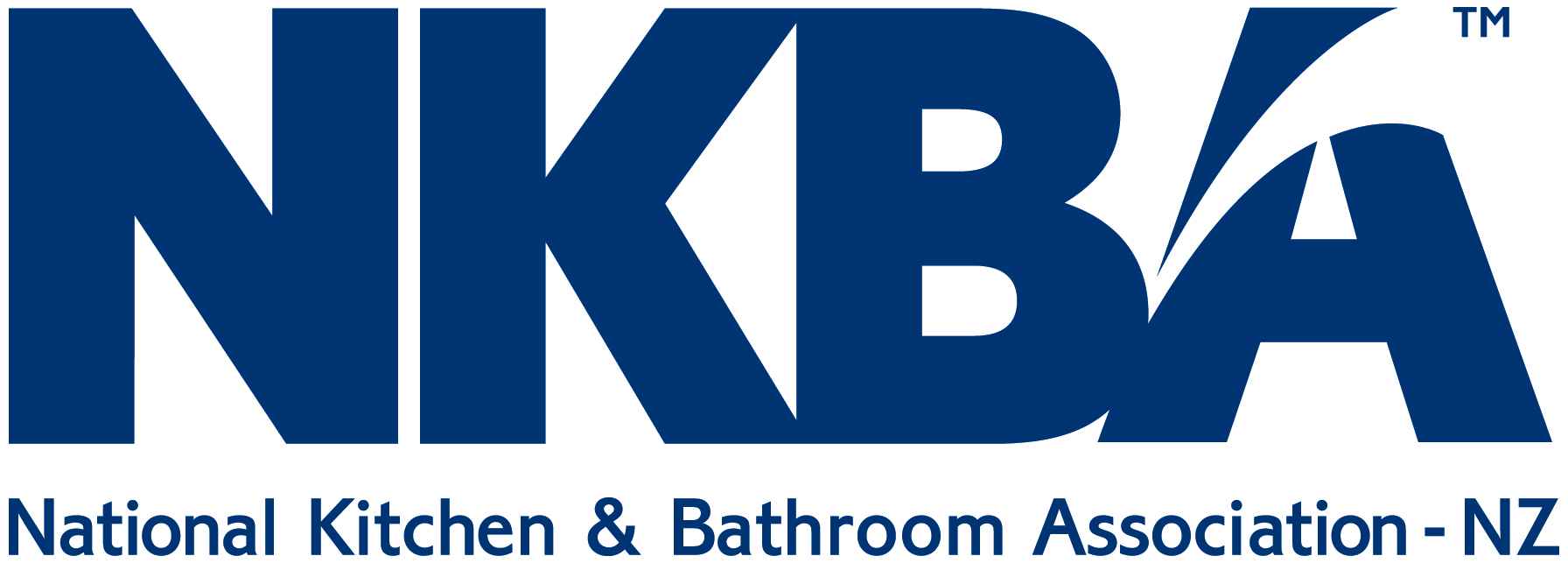Concerns over Engineered Stone
A recent survey by NKBA showed that many of its members are concerned and unsure over the use of engineered stone due to the recent media attention around silicosis and the ban of engineered benchtop fabrication in Australia.
In July, the official ban on engineered stone in Australia will come into effect and this has created renewed calls for the New Zealand Government to consider its stance. In March, the Royal Australian College of Physicians called for the banning or rigorous control of fabrication of engineered benchtops in New Zealand.
The NZ Herald states that the college has written to Prime Minister Christopher Luxon, and other political parties asking for a total ban on engineered stone, or much stricter controls on importers and fabricators. It also wants an official registry of people who have been exposed to silica dust.
Silicosis, and accelerated silicosis, are lung diseases that can be caused by breathing in respirable crystalline silica (RCS) dust, a mineral found in sand, rock and mineral ores such as quartz. A condition usually caused through inhalation over a long period of time, silicosis mostly affects those that work in occupations such as mining, glass manufacturing and stone masonry. Engineered stone, which has over twice the RCS content as natural stone, has been shown to hasten the onset and severity of silicosis and accelerated silicosis. It is directly linked to engineered stone fabrication as the dust is generated when workers cut, shape or polish the material.
The NKBA states that the wellbeing and safety of fabricators is of the highest priority. To demonstrate this commitment, the NKBA has enforced a mandatory accreditation requirement for all stone/quartz fabricators who want to become members or maintain membership with the NKBA. The RSC Accreditation Programme is managed by the New Zealand Engineered Stone Advisory Group (NZESAG). Established by New Zealand’s leading importers/suppliers of engineered stone/quartz surfaces, the NZESAG’s objective is to respond to the occupational health risks to workers of accelerated silicosis when fabricating, manufacturing or installing engineered stone products.
Rachael Kwok, NKBA Executive Officer, says this initiative continues to be part of NKBA's commitment to mitigating health and safety risks associated with RCS exposure, aiming to prevent silicosis or accelerated silicosis diseases among industry professionals.
“Fabricators prioritising the wellbeing of their employees and contractors will receive NKBA endorsement. To achieve this, proof of provisional accreditation, at a minimum, in the RCS Accreditation Programme is a prerequisite for continued NKBA Membership; this requirement is a non-negotiable step for annual membership renewal for all stone/quartz fabricator members.”
NKBA are adopting the ESAG framework to assure clients that engineered stone projects are manufactured safely. For additional assurance, NKBA designers are encouraged to inquire whether their preferred fabricator actively encourages staff to undergo the ACC/Worksafe health assessment pathway—a comprehensive medical review ensuring industry professionals have a clean bill of health.
“We recommend choosing an ESAG-assessed fabricator that has achieved at a minimum ‘Provisional Accreditation’, and actively encourages staff to undergo the ACC/Worksafe health assessment pathway. NKBA designers should feel comfortable discussing these matters with their preferred stone fabricators and we encourage them to do so,” says Rachael Kwok.
For designers who are looking for alternatives, there are extensive alternative options available in solid surface, natural stone, porcelain, and sintered stone. These alternatives offer beautiful and robust solutions while addressing any apprehensions.
The NKBA will be keeping a very close eye on developments on this matter and will continually review its stance and recommendations to its members. If any members are concerned or want more information, we ask that they reach out to head office for more information.
